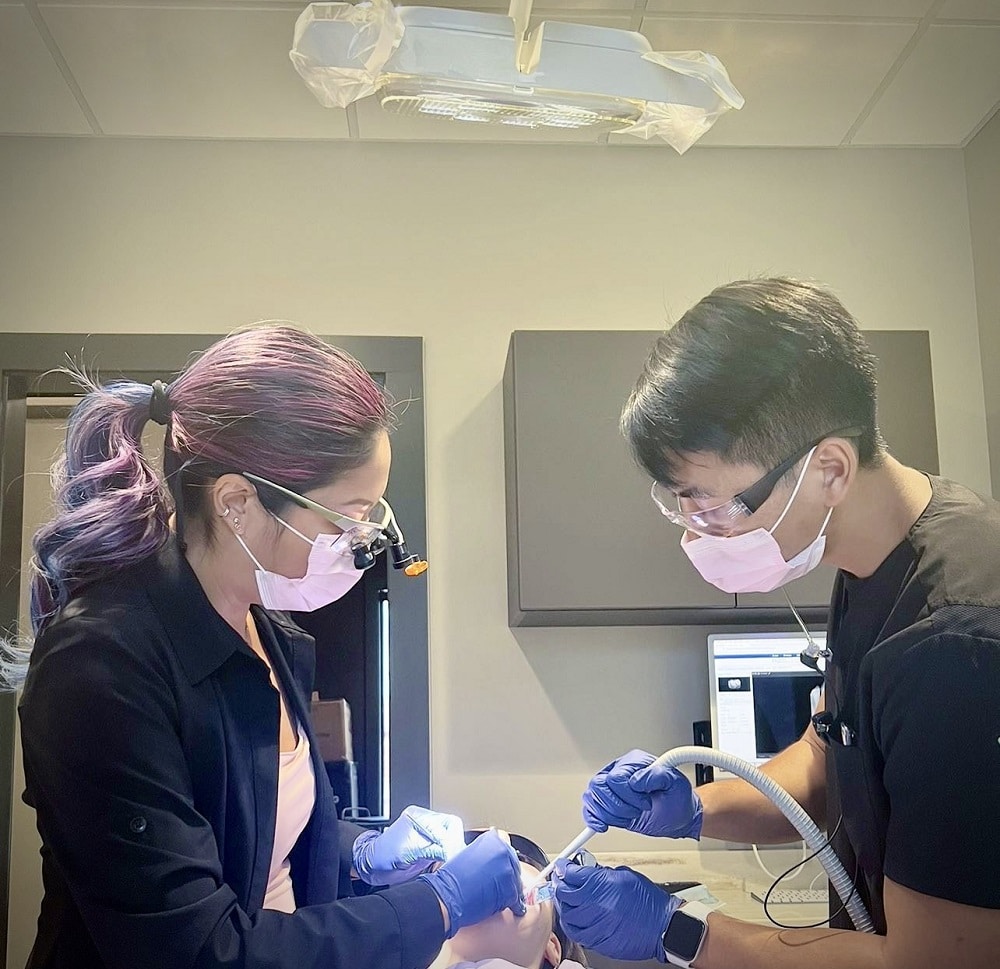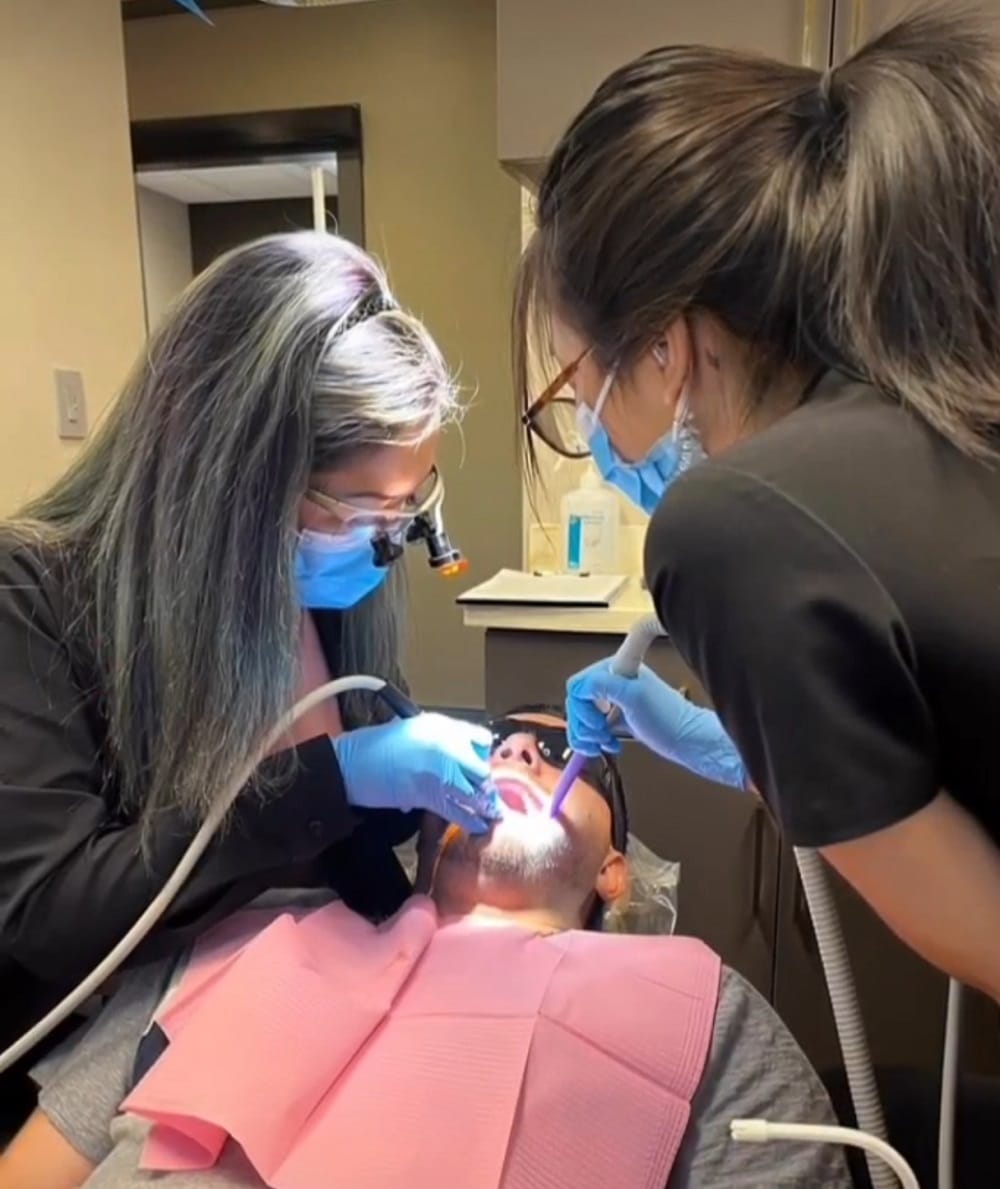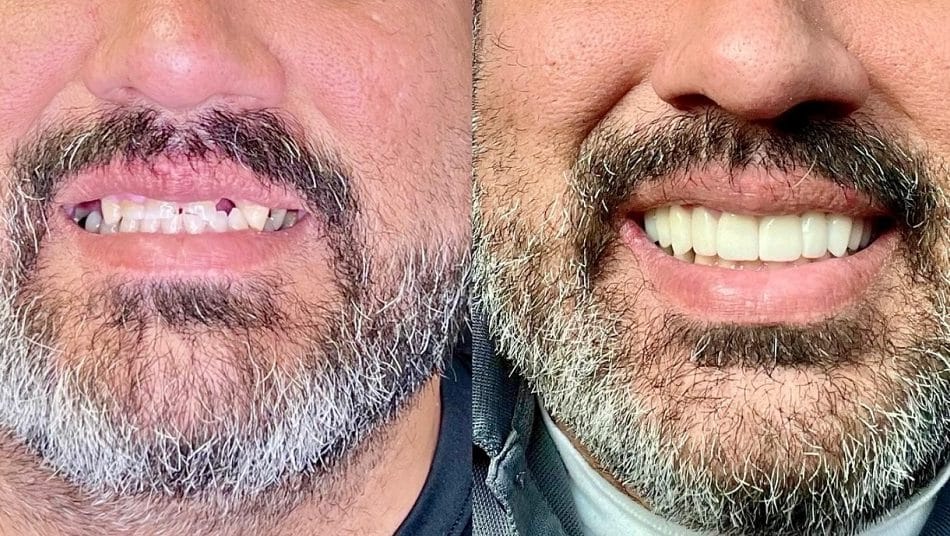Call Us : (225) 398-8812
Table of Contents
- Key Takeaways
- Why You Shouldn’t Ignore Damaged Teeth
- The Long-Term Risks of Delaying Treatment
- The Benefits of Early Restoration
- Modern Dental Solutions for Damaged Teeth
- Don’t Wait. Get Your Teeth Checked Today!
The best time to restore a damaged tooth is always now. Waiting can lead to complications like infections, tooth loss, and misalignment. A small dental issue can escalate, affecting not only your oral health but also your overall well-being, eating habits, and confidence.
That is why prompt restoration is important. At Elements Dental Spa & Aesthetics, we emphasize proactive care, offering holistic solutions to help you maintain strong, healthy teeth.
Contact us today to schedule an appointment and take the first step toward restoring your smile.
Key Takeaways
- Ignoring a damaged tooth can lead to serious health issues such as infections, tooth loss, and jawbone deterioration.
- Early restoration prevents complications and preserves your natural teeth, avoiding more costly and invasive procedures like root canals or implants.
- Early treatment addresses pain, sensitivity, and risk of infection while maintaining oral function and alignment.
- From fillings and crowns to dental implants and veneers, there are effective and minimally invasive options to restore your smile and prevent further damage.
Why You Shouldn’t Ignore Damaged Teeth
Ignoring a damaged tooth can have far-reaching effects on your health. Timely treatment prevents minor issues from turning into more complex and costly problems.
Pain and Sensitivity

Risk of Infection
Even small cracks in a tooth can allow bacteria to enter, leading to infections. If left untreated, these infections can develop into painful abscesses that may require root canals or surgery. Bacteria can also spread, leading to systemic issues like swelling and fever.
Structural Weakness
Teeth that are compromised by cracks or chips are more prone to additional damage. For instance, a small chip may worsen if you bite down on something hard, leading to a larger fracture. This increases both the complexity and cost of the treatment required.
Aesthetic Concerns
Chipped, cracked, or discolored teeth can impact your self-esteem and how others perceive you. While it might seem like a minor issue, especially for those over 50, it can affect your confidence. Prompt treatment restores your smile and helps boost your self-image.
The Long-Term Risks of Delaying Treatment
Delaying dental treatment may seem harmless at first, but it can lead to significant long-term problems. Here’s why taking action now is important.
Advanced Decay
When a damaged tooth isn’t restored, decay can spread deeper into the tooth, affecting the pulp. This can lead to infections, abscesses, and other complications.
Delayed treatment can result in procedures like root canals or even tooth extractions, which are far more invasive and costly than early intervention.
Gum Disease

Tooth Loss
A decaying tooth not only damages itself but also affects neighboring teeth. This can lead to shifting teeth and a misaligned bite. Over time, untreated damage can result in tooth loss, which can interfere with speaking and eating.
Jawbone Deterioration
The loss of a tooth leads to a lack of stimulation in the jawbone, causing bone density to decrease. As a result, your jaw can weaken, and the shape of your face can change. Over time, this can lead to a sunken appearance, and the bone loss can complicate restorative treatments like implants.
The Benefits of Early Restoration
Restoring damaged teeth early can prevent more serious oral and overall health problems. Here’s why addressing tooth damage sooner is beneficial.
Prevent Complications
By addressing damaged teeth early, you can prevent further decay and worsening of the problem. A minor crack can grow into a larger fracture or infection that might require more invasive procedures. Early intervention also helps protect your gums from additional damage, reducing the need for more extensive treatment.
Preserve Your Natural Teeth
Treating a damaged tooth early can prevent the need for costly and complicated replacements, such as implants or dentures. Preserving your natural teeth ensures proper alignment of your bite, reduces the risk of chronic pain, and keeps your jaw healthy.
Enhance Oral Function
Restoring a damaged tooth promptly will improve your ability to chew and speak clearly. A cracked molar can make chewing difficult, while a missing front tooth can interfere with speech. Timely treatment ensures you can eat and speak with confidence.
Maintain Alignment
Leaving a damaged tooth untreated can create spaces between teeth, leading to misalignment and bite problems. Early restoration helps maintain proper alignment and prevents unnecessary discomfort in your jaw.
Modern Dental Solutions for Damaged Teeth
Dental advancements have made it easier than ever to restore damaged teeth. Early detection and treatment can save you from more extensive and costly procedures later.
Fillings and Crowns
For minor damage, fillings are a quick and effective solution. Made from composite resin, fillings can be applied in a single visit. For more extensive damage, crowns are used to restore the tooth’s form and function, providing long-lasting protection.
Root Canals
Root canals
Root canals are typically safe and minimally painful with modern techniques, and they can save a tooth from extraction. We reserve root canals for cases where they are the best option to preserve a natural tooth.
Dental Implants
Dental implants are a great option for replacing teeth that cannot be restored. These titanium posts are surgically placed into the jawbone and provide support for artificial teeth. Implants not only replace missing teeth but also help maintain bone density in the jaw, preserving the structure of your face.
Veneers and Bonding
For cosmetic concerns such as chips or discoloration, veneers and bonding can restore your smile. Veneers are thin shells that cover the surface of the teeth, while bonding uses a resin material to repair cracks or chips. Both are minimally invasive options that can improve the appearance of your teeth.
Don’t Wait. Get Your Teeth Checked Today!
The longer you wait, the more complicated and costly your treatment may become. Modern dentistry offers various solutions, from fillings and crowns to implants and veneers.
Don’t put off treatment. Take action now to protect your teeth, restore your smile, and improve your confidence.
At Elements Dental Spa & Aesthetics, we’re here to guide you every step of the way. Call us at (225) 398-8812 and begin your journey toward a healthier, more beautiful smile!




